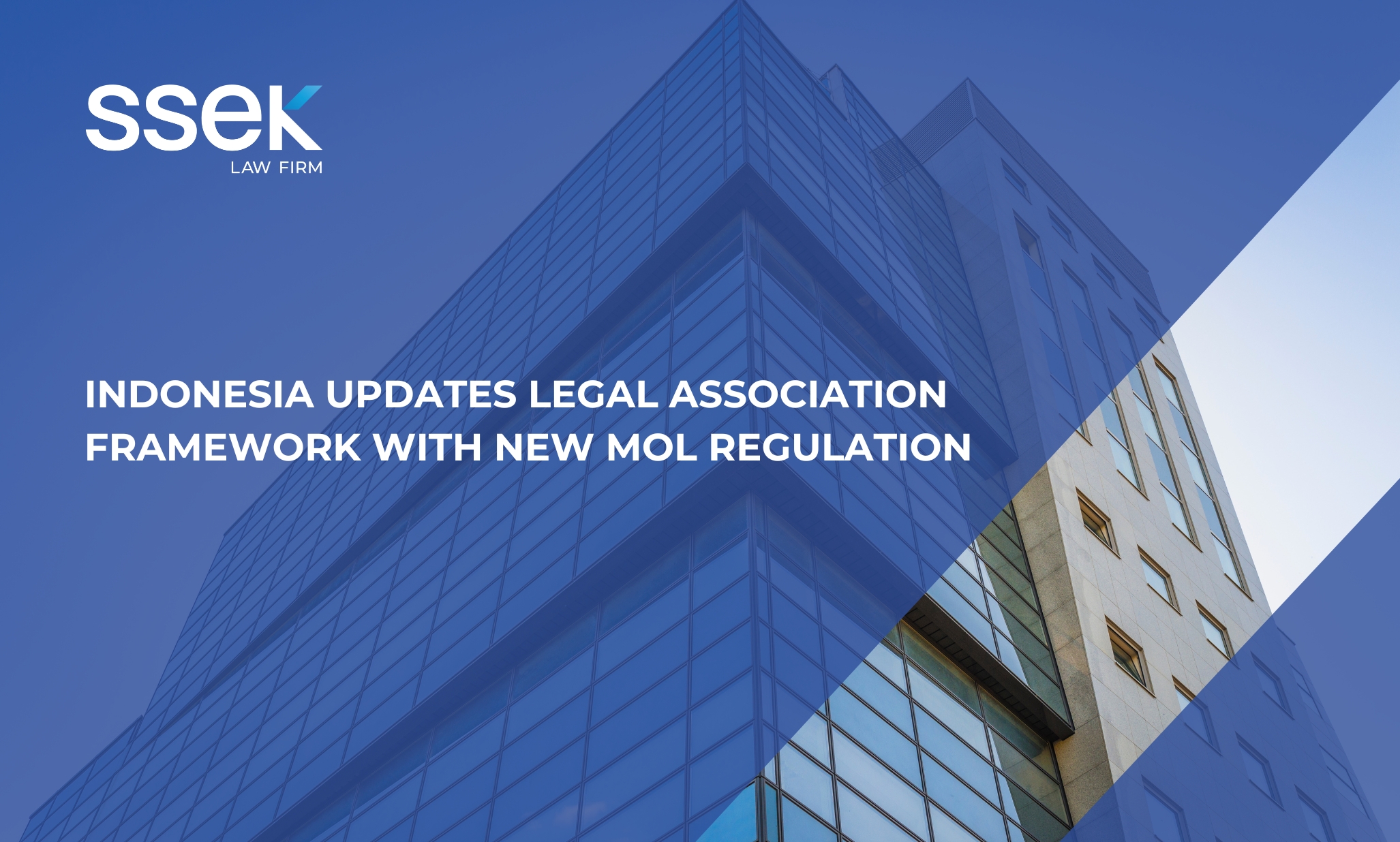

Maritime claims are already regulated in Indonesia under Law No. 17 of 2008 regarding Shipping (the "Shipping Law"). However, under the elucidation of Article 223 of the Shipping Law, maritime claims are conducted in accordance with the provisions on vessel arrest.
According to Article 222 of the Shipping Law, requests for vessel arrests are submitted to the local District Court (Pengadilan Negeri). Indonesia has not enacted an implementing regulation on the procedure for vessel arrest in Indonesia. Thus, there is no typical procedure or timescale applicable to maritime claims.
Arbitration and Mediation
Indonesia does not have a specialist arbitral body dealing with maritime dispute. As such, maritime disputes may be referred to the Indonesian National Arbitration Center (Badan Arbitrase Nasional Indonesia or "BANI"), established under Law No. 30 of 1999 regarding Arbitration and Alternative Dispute Resolution.
Indonesia does not have a specialist alternative dispute resolution body dealing with maritime mediation. As such, maritime mediation is conducted based on the procedure agreed by the parties.
In Indonesia, there is also a National Mediation Center (Pusat Mediasi National), which may be referred to by disputing parties to conduct mediation. Lastly, an Indonesian court will require disputing parties to conduct a court-facilitated mediation as a part of the court proceeding, in accordance with the provision of Supreme Court Regulation No. 1 of 2008 regarding Mediation Procedure in Court.
Court proceedings in Indonesia may take some time to conclude (including appeals and cassations). As such, national courts are "advantageous" because they do not require a pre-existing arbitration agreement, which means national court can always be referred to for solving maritime disputes.
Arbitral institutions have been gaining popularity among business actors as an alternative to dispute resolution because the parties can ensure the expertise of the arbitral tribunal examining the case. Further, due to the relative efficiency of arbitral institutions in resolving disputes, arbitration usually will take shorter time to complete.
Alternative dispute resolution in the form of mediation, while not binding, provides a means to resolve dispute in a manner that does not put parties in a hostile/adversarial situation. As such, this method is preferable if the parties still intend to continue business activity after the resolution of the dispute. Please be advised that, aside from mediation (which involves a third-party mediator), the parties are also allowed to negotiate bilaterally among themselves to reach an amicable settlement. If mediation fails, the parties will have to settle their dispute in accordance with the provisions of the dispute settlement clause under the relevant agreement.
With regard to ship arrest, as we stated above, there are as yet no specific guidelines for ship arrest under Indonesian law. Indonesia is a signatory to the International Convention on the Arrest of Ships of 1999 ("Ship Arrest Convention"), although Indonesia has not ratified the Ship Arrest Convention.
Under Law No. 24 of 1999 regarding International Treaties ("Treaties Law"), ratification of an international convention must be done through the issuance of a law (undang-undang) or presidential decree (keputusan presiden), as the case may be, in order to be enforceable in Indonesia.
Pursuant to Articles 10 and 11 of the Treaties Law, the Ship Arrest Convention should have been ratified by way of a presidential decree. Although the Ship Arrest Convention has been signed by the Government of Indonesia, it is still not applicable in Indonesia absent the ratification of the same into law.
We note that in 2005, the President of Indonesia enacted Presidential Instruction No. 5 of 2005 regarding the Empowerment of the National Shipping Industry, in which the President instructed the legislature to accelerate the process of ratifying the Ship Arrest Convention. In conclusion, Indonesia has recognised the basic principles of ship arrest, but has yet to implement those principles.
This is an excerpt from The International Comparative Legal Guide to: Shipping Law 2020.
This publication is intended for informational purposes only and does not constitute legal advice. Any reliance on the material contained herein is at the user's own risk. All SSEK publications are copyrighted and may not be reproduced without the express written consent of SSEK.









